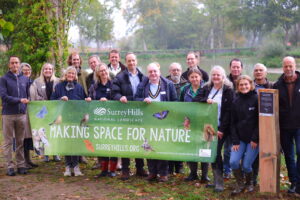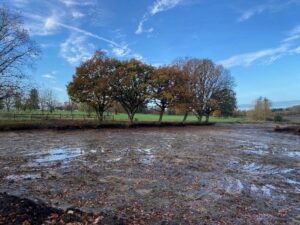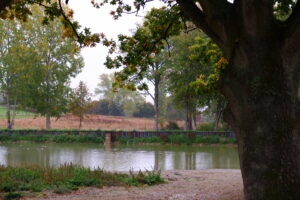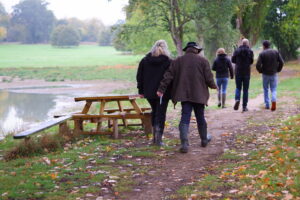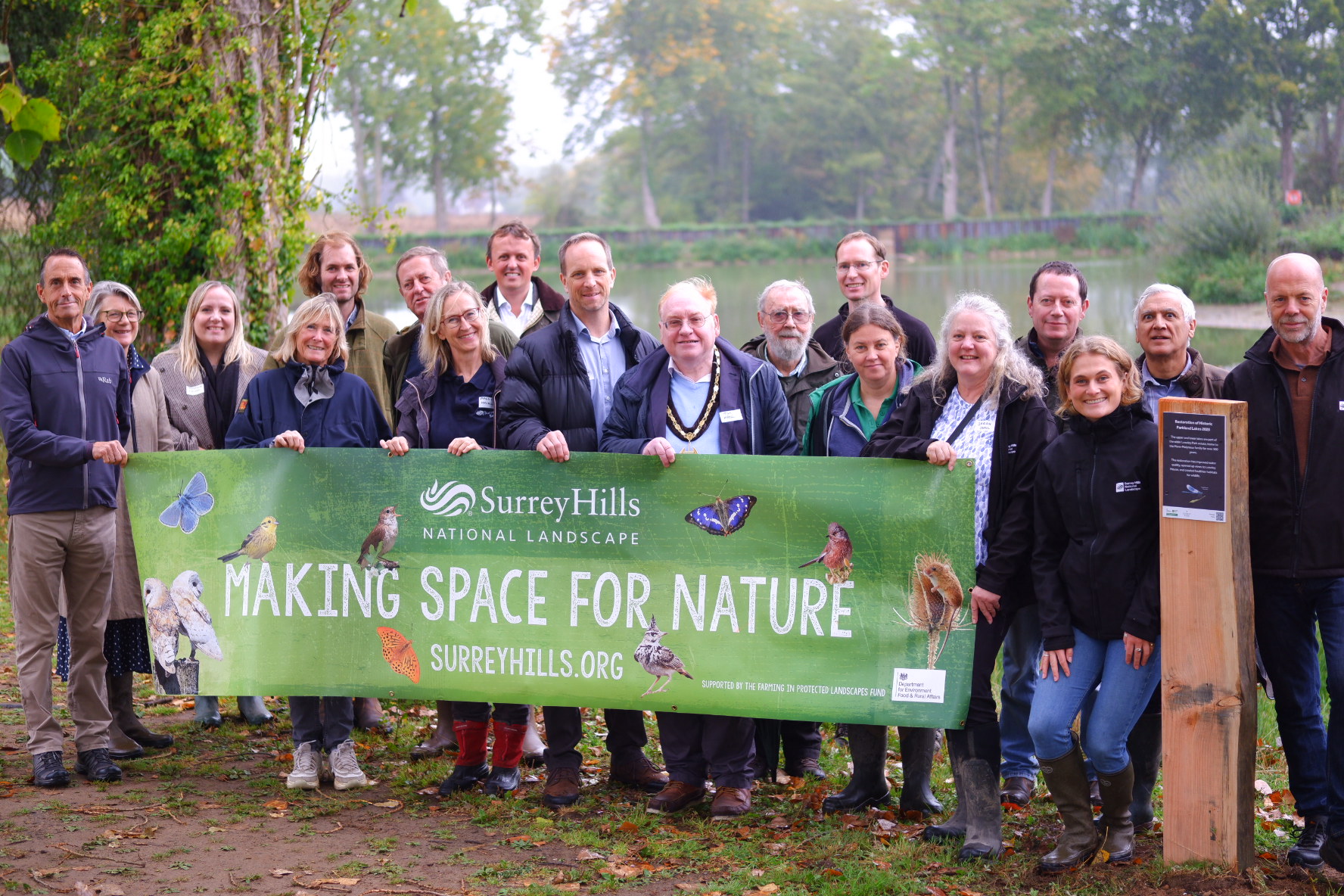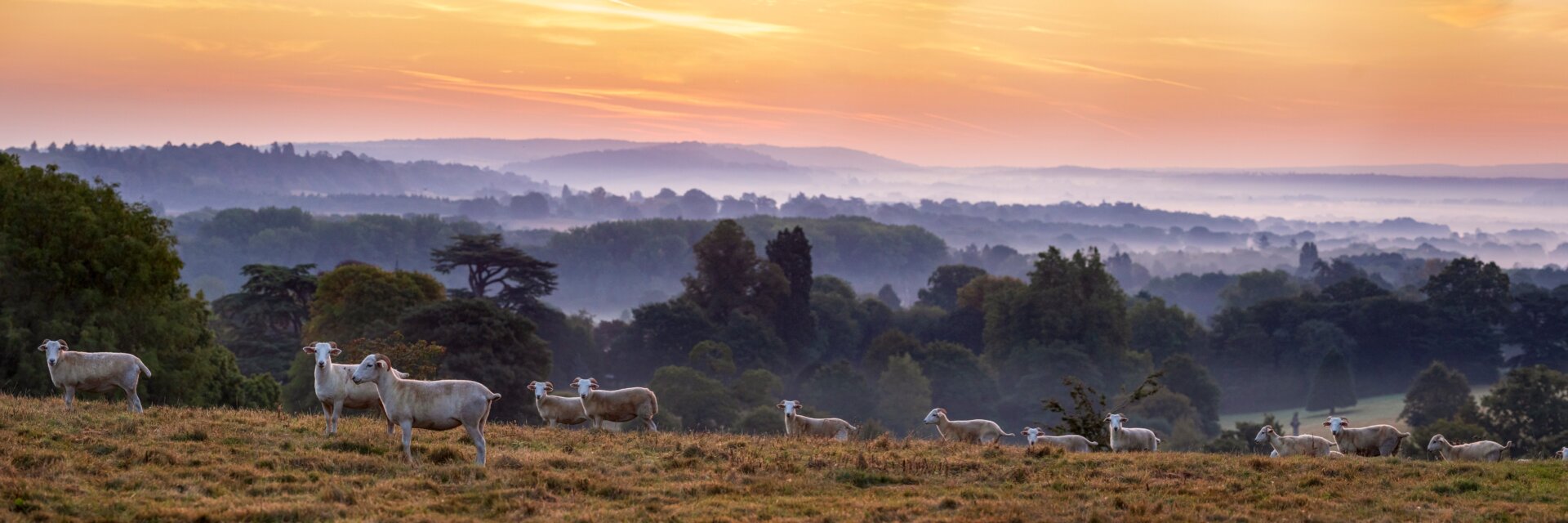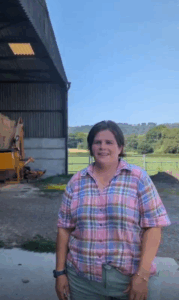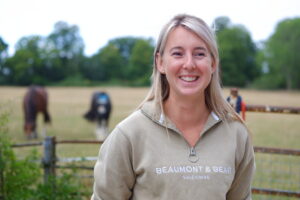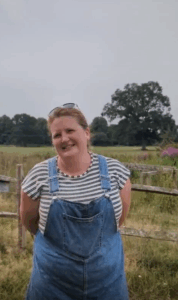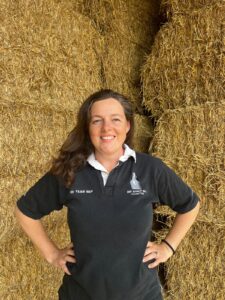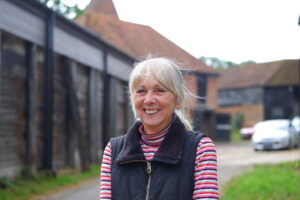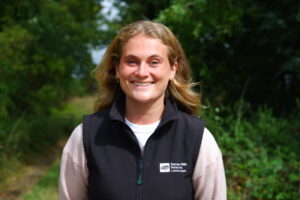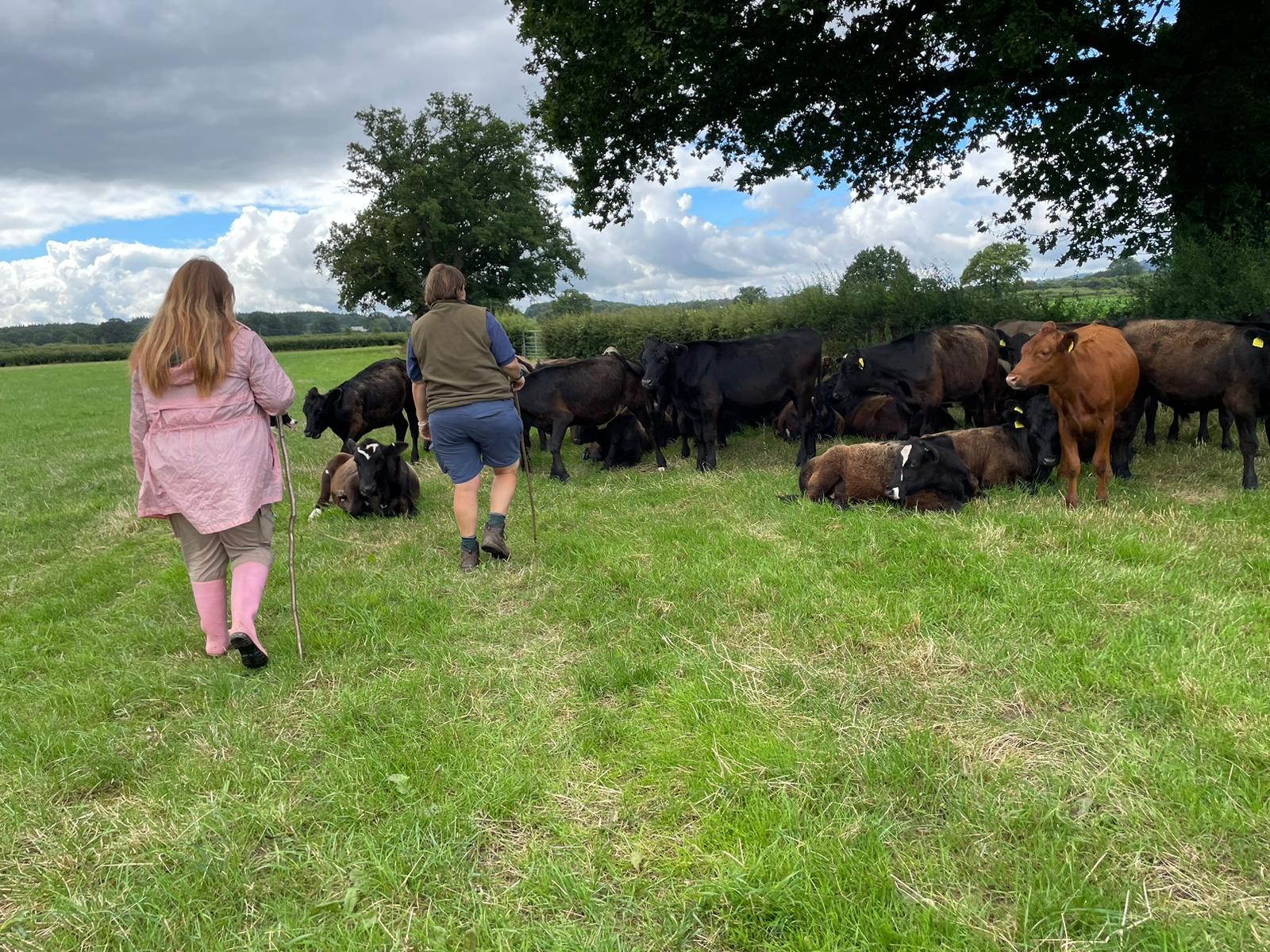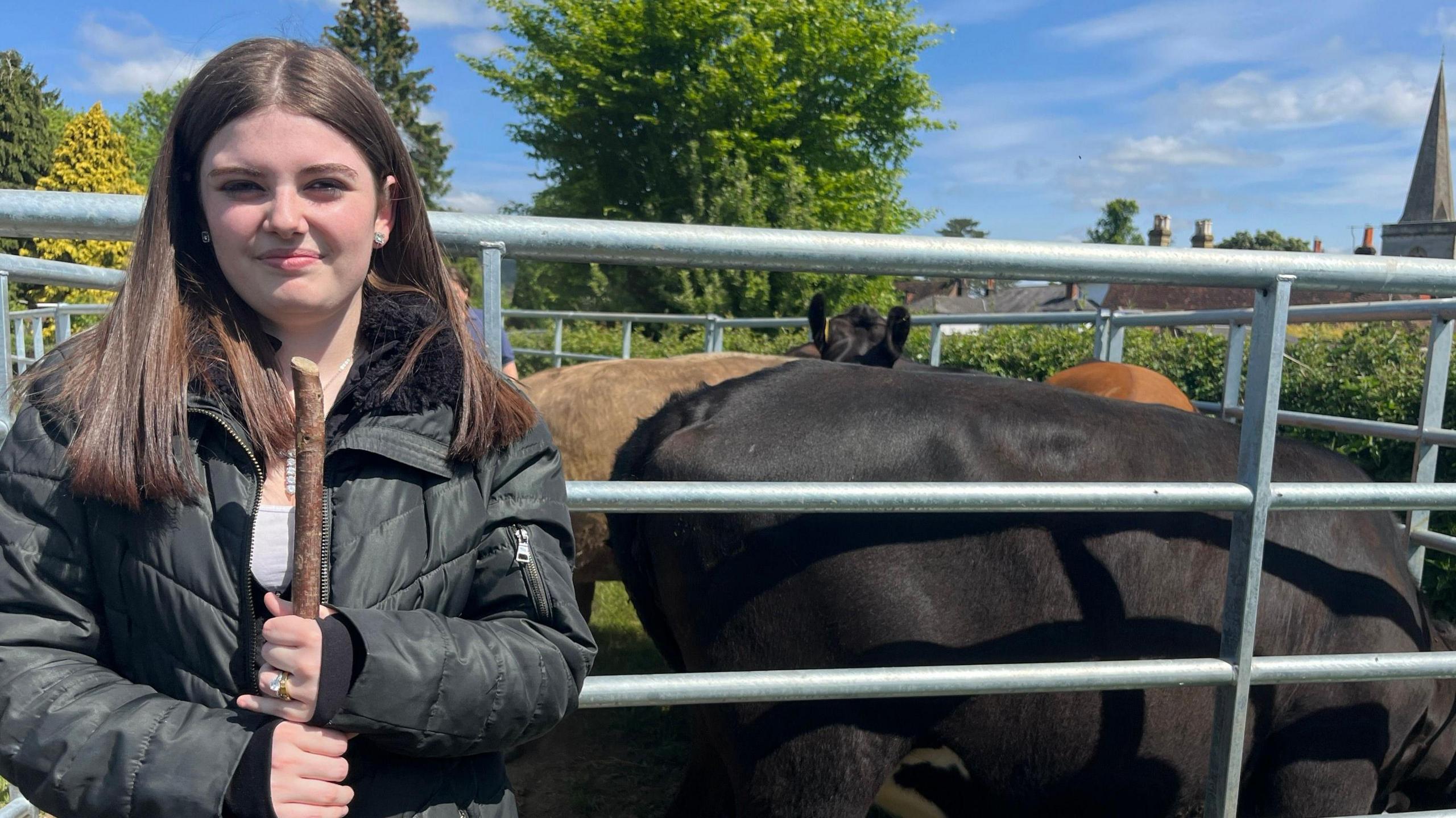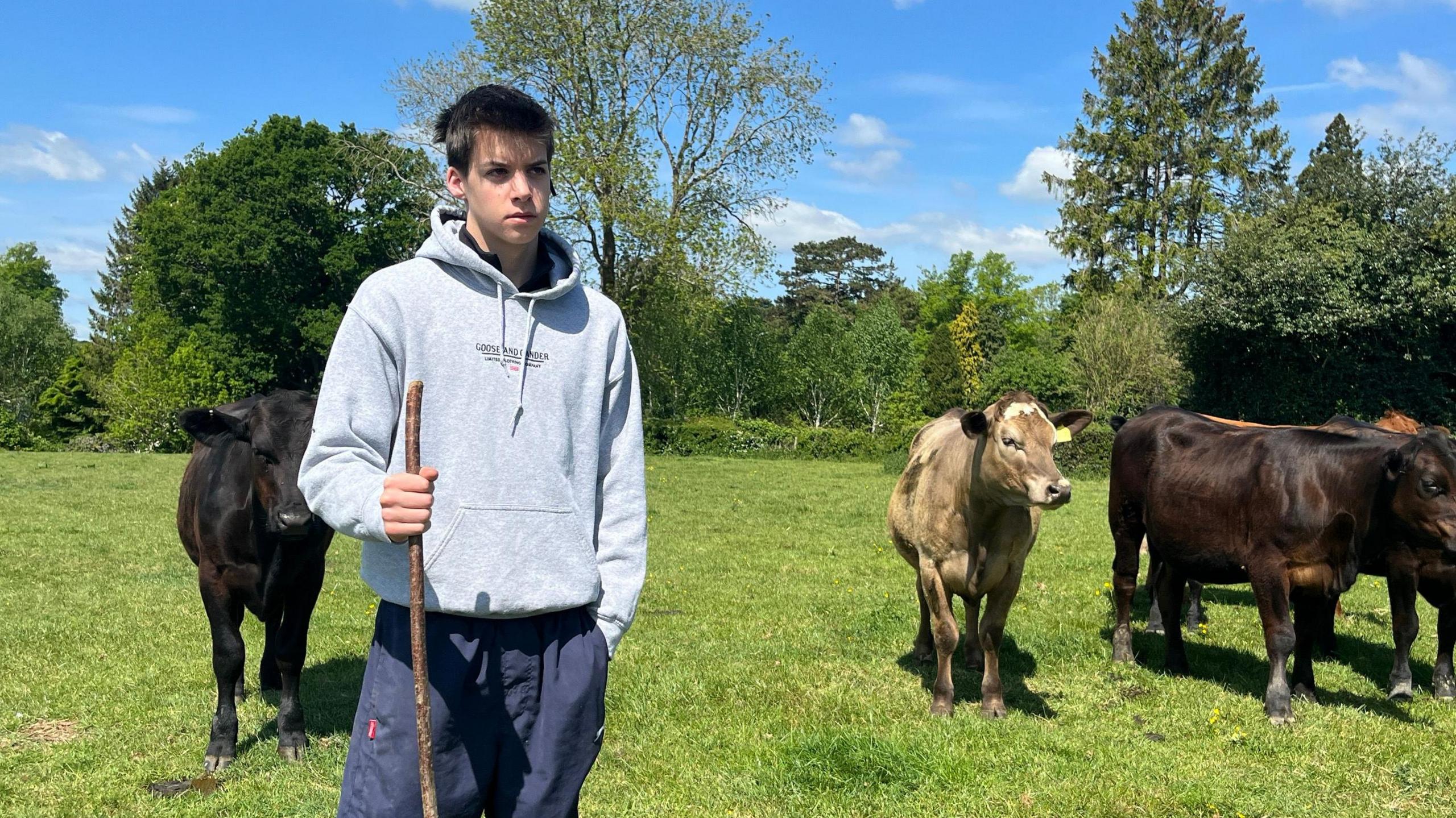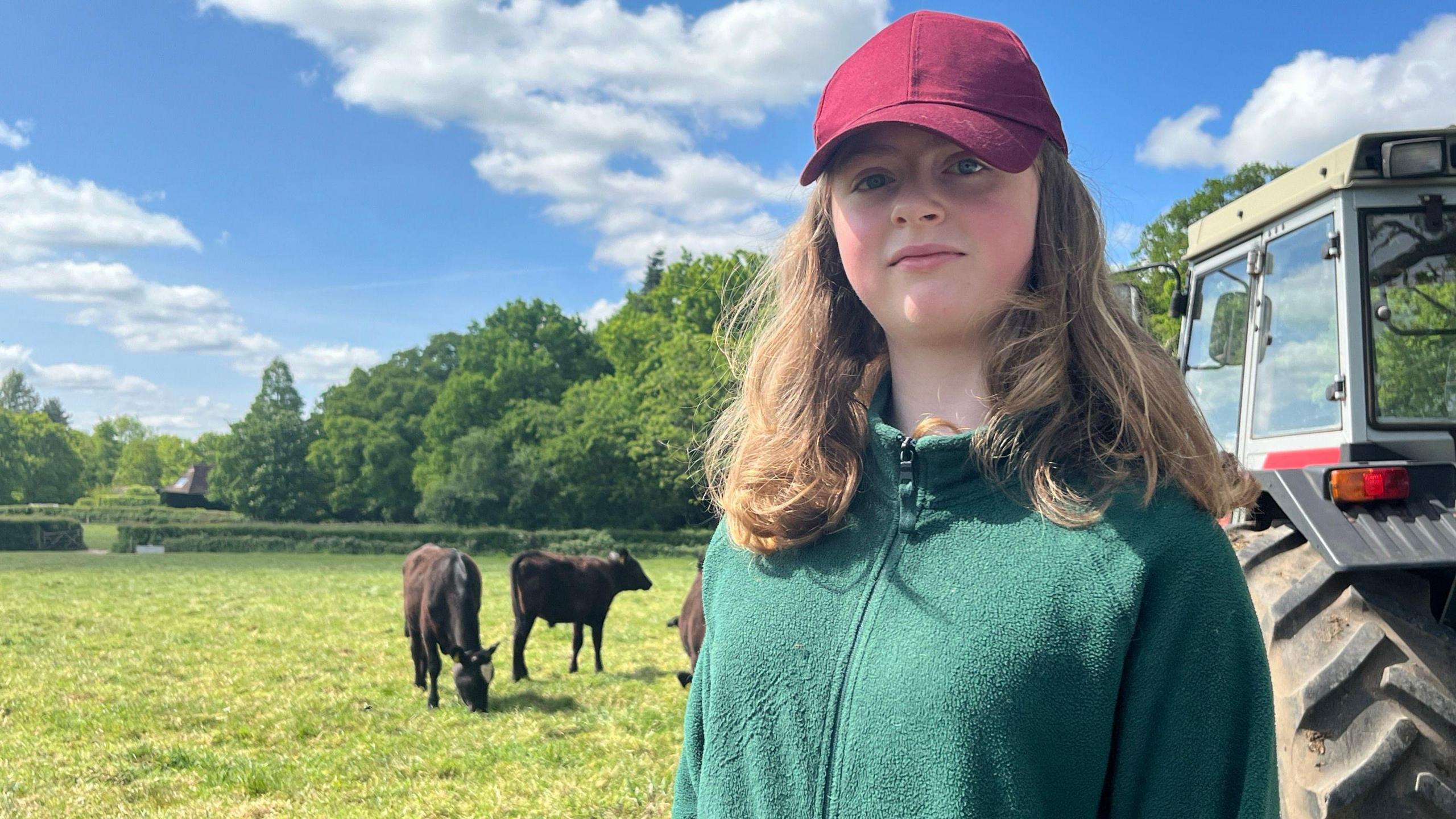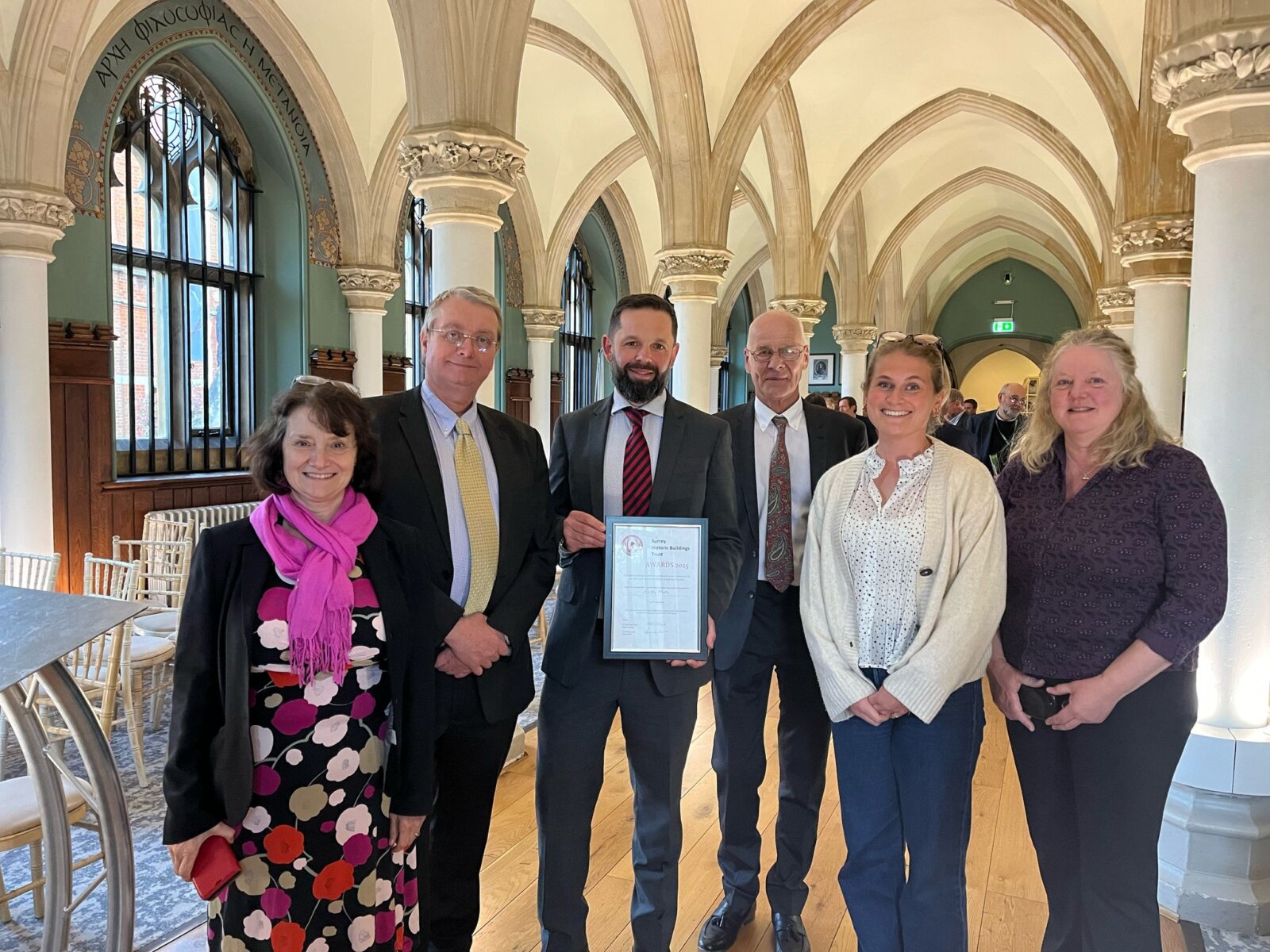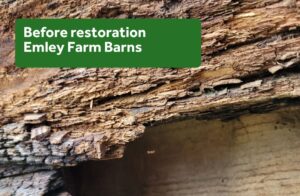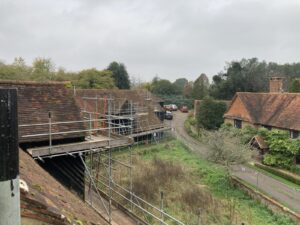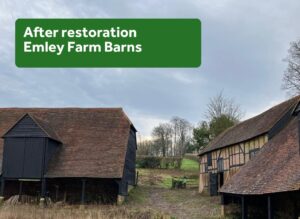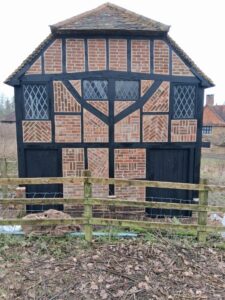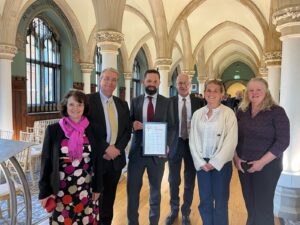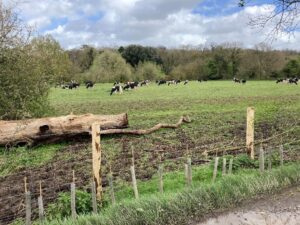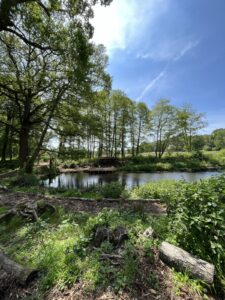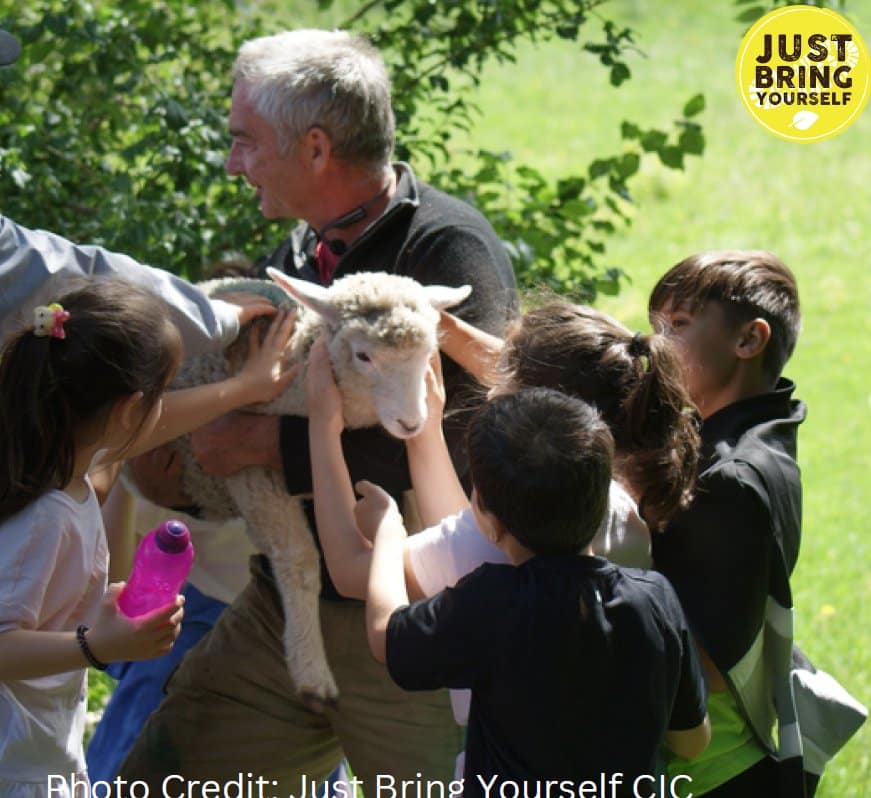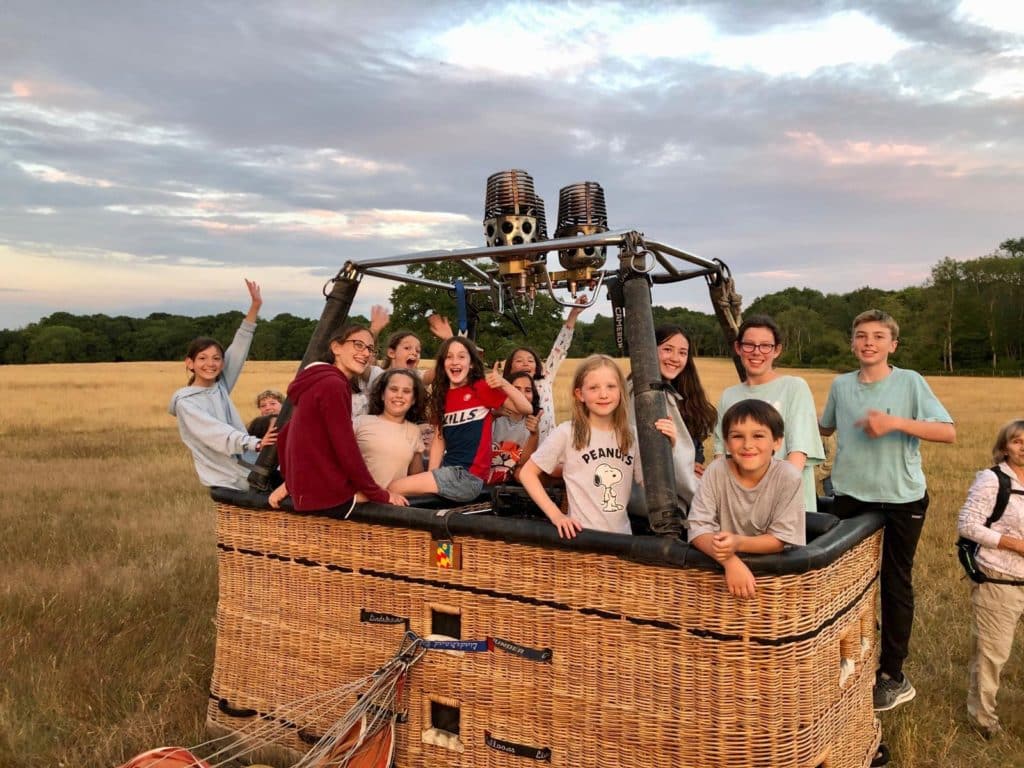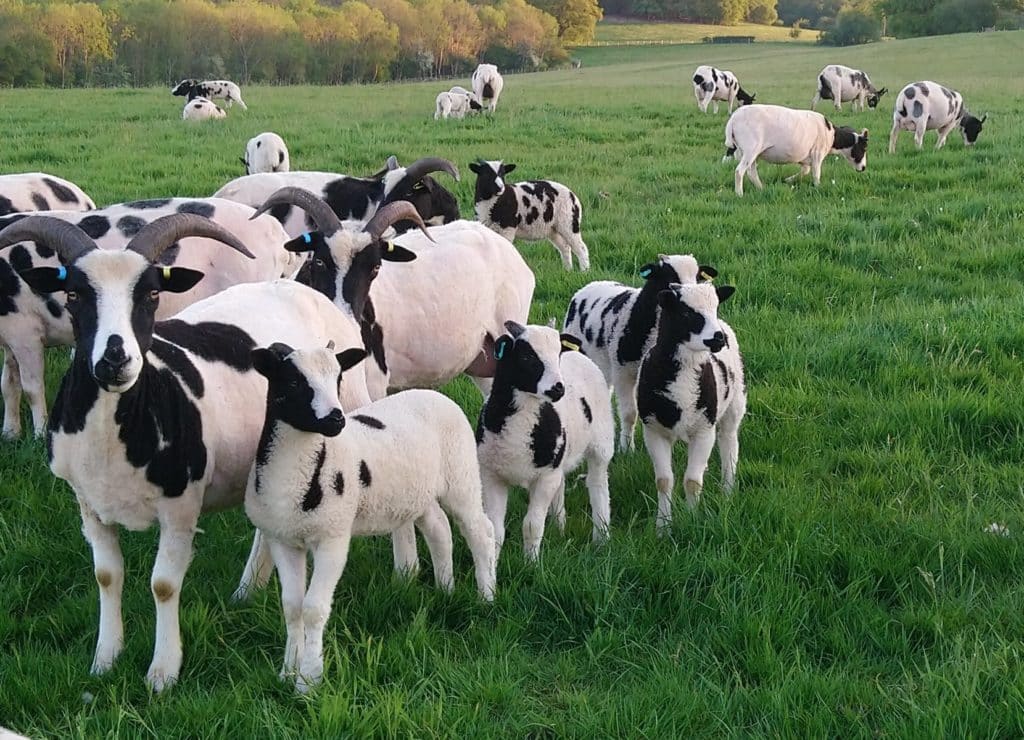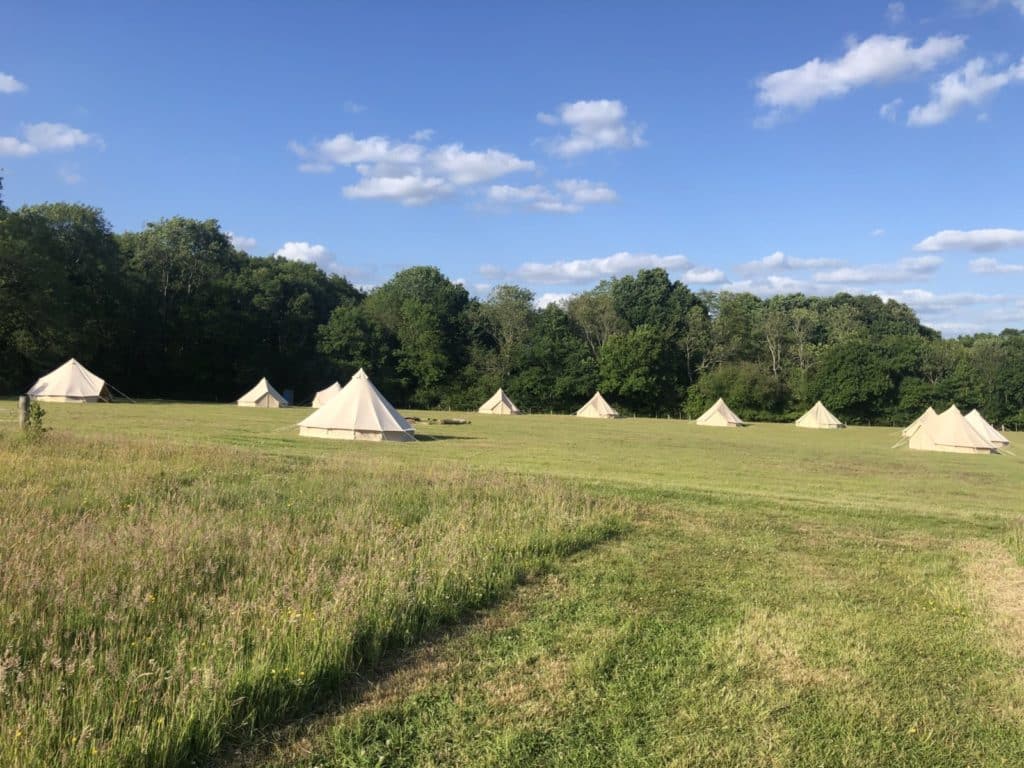Surrey is known as one of the UK’s counties with the highest density of horses. Grazing horses are a familiar part of the Surrey Hills landscape, and while horses can be beneficial for the land and have been used in numerous conservation grazing and rewilding projects, it is important not to overlook the impact that they can have on the land if they are not managed responsibly. Overgrazing and poor pasture management are, unfortunately, all too common. However, the good news is that there are effective ways to address these challenges.
This summer, the Surrey Hills National Landscape and Surrey Wildlife Trust teamed up with Stuart Myers (Equiculture) to deliver two workshops for horse owners on good practice for pasture management and improving soil health, and an additional training session for environmental advisors on working with the equine community. With around 60 horse owners and 20 advisors attending across the three days, we are optimistic that this marks the beginning of a significant initiative to promote positive changes in pasture management, benefitting both wildlife and horses.
Both workshops were fully booked, showing that there is significant demand for sessions such as this in the Surrey Hills. While horse owners know a lot about looking after horses, this event gave the opportunity to investigate how to look after the land that they are also custodians of. By bringing together these two areas of knowledge and looking at horse care from a ground-up perspective, we can improve soil health, create a more biodiverse pasture, and end up with a happier, healthier horse.
Equiculture is an organisation that specialises in ‘teaching horse owners how to manage their land in a way that is good for:
HORSES - by improving their welfare
PEOPLE - by saving them time and money
The ENVIRONMENT - by improving biodiversity & soil, creating habitat for wildlife.’
Co-founders Jane and Stuart Myers have decades of experience owning and managing horses as well as teaching other horse owners. Their innovative approach to managing land has been developed based on concepts such as rewilding and regenerative farming, and they now have a significant following across Australia, the UK and the US.
A key concept they emphasise is understanding the natural grazing behaviour of horses and its connection to their unique digestive systems. Unlike cows, horses require a high-fibre, low-energy diet, which can be supported by a biodiverse pasture with longer grasses. This approach not only improves the horse’s gut health but also contributes to broader environmental benefits.
By practising good pasture management and increasing biodiversity, this also delivers co-benefits such as helping to protect watercourses from run-off and contamination, increased carbon sequestration and improving soil health and longevity.
A biodiverse pasture can be achieved through various methods, depending on your starting point. Their recommendations include mulching, rotational grazing, and reducing run-off / soil erosion, which will allow over-grazed areas to recover and will help establish vegetation cover on patches of bare ground.
Jane and Stuart have built on the concept of rotational grazing to develop their unique ‘Equicentral System’. This system ‘works by utilising horses’ natural and domesticated behaviour to benefit them, the land and their owners.’ To find out more about Equiculture and the Equicentral System, visit their website. You can also sign-up to their online course. https://www.equiculture.net/
In case you need more convincing, here is some feedback we received from our attendees:
‘It was brilliant. Incredibly useful for all involved.’ – Advisor training attendee
“It was great to be given digestible information to take forward to landowners about their pasture management. Even a few simple changes can have dramatic improvements for both biodiversity and horse welfare” – Advisor training attendee
‘A very informative day, thank you. Taking on board so many good ideas.’ – Workshop attendee
“It was great to learn about some simple, cost-free methods that could be used to manage my pasture to ensure my horse is happy and healthy”- Workshop attendee
‘Definitely thought-provoking and thrilled that horse owners are now able to understand more about grazing management.’ – Workshop attendee
These workshops were made possible with funding from the Farming in Protected Landscapes scheme (FiPL), and the advisor training was funded through the Surrey Wildlife Trust’s Hedgerow Heritage project (Heritage Lottery Funding).
You can stay up to date with future events by joining the Friends of the Surrey Hills newsletter https://surreyhills.org/whats-on/newsletter/ and by visiting the Surrey Wildlife Trust’s website www.surreywildlifetrust.org/nature-based-solutions.
